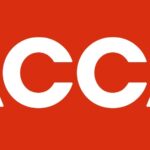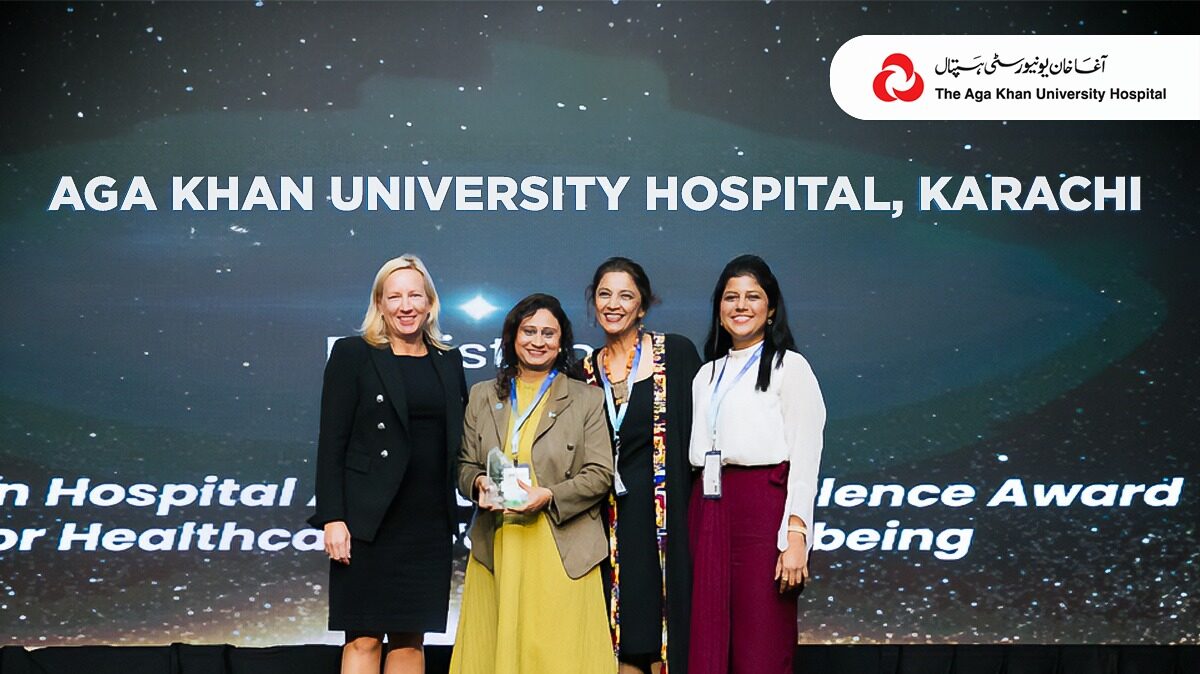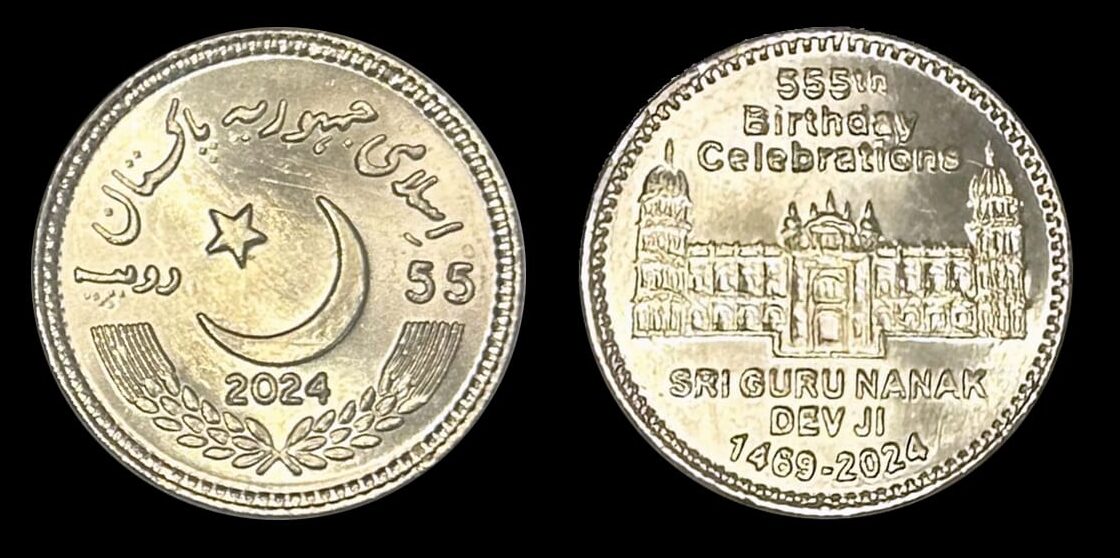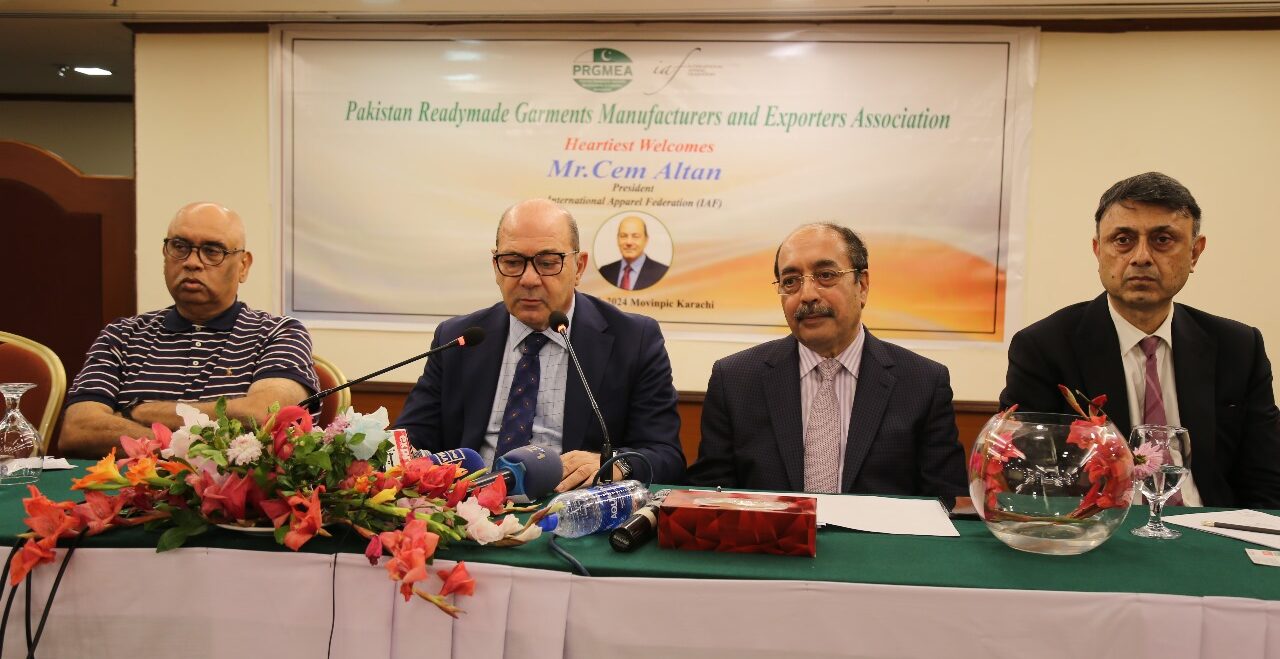Chairman Centre of Advisory Services for Islamic Banking and Finance (CAIF), Former Head of FSCD SBP, Former Head of Research Arif Habib Investments and Member IFSB Task Force for Development of Islamic Money Market, Former Member of Access to Justice Fund Supreme Court of Pakistan.
Zakat, one of the five pillars of Islam, means giving a fixed portion of your wealth to the needy people. In Pakistan, Zakat is collected on the basis of Sahib e Nisab which means the owner or possessor of assets is obliged to pay Zakat under the Shariah law which is either equal to or more than the nisab.
The amount collected for Zakat in the past 3 financial years has revealed that approximately, Rs. 17.7476 Billion in Zakat was gathered from various banks all over the country including Azad Jammu and Kashmir, Gilgit-Baltistan and Federally Administered Tribal Areas (FATA).
Now there is a consensus that the global economy is facing a recession – if not a depression – in the wake of the corona virus pandemic. Many parts of the world have felt the benefit from increased consumer spending and charitable giving during the holy month of Ramadan. This lifeline is sorely needed. Economists are warning that Corona Virus epidemic could be the worst blow to the global economy since the Great Depression of the 1930s. US oil prices even dipped below zero for the first time in history. The UN has warned of famines of “biblical proportions.” Capitalism and globalization as we know it may not survive this crisis.
Currently the richest 1% of the world own 44% of its wealth. These criticisms have been amplified in recent weeks as COVID-19 forces us to question our assumptions.
As economists look for previously unimaginable solutions to our unprecedented problems, they may find ideas in unlikely places. One of those is religion.
Ramadan, for example, is best known as a time for spiritual reflection and communal togetherness. From an economic perspective, however, Ramadan is a time for spending money.
Spending surge during this month, as Muslims spend on food, gifts and Eid outfits during the month. It is estimated that Ramadan spending is worth more than £200 million (€230 million) to the UK economy alone and billions more across the Muslim world.
That much-needed economic liquidity is not just about consumer spending – it also includes charitable giving. What is non-negotiable for Muslims at this year, or any year, known in Islam as Zakat. This requires Muslims of a certain income level to donate 2.5% of their wealth each year to charity.
The vast majority of Muslims pay their Zakat during Ramadan; many Zakat collecting bodies estimate that 85% of their donations come during the holy month.
This means that a multi-billion-dollar stimulus package is about to be rolled out across Muslim-majority countries and nations with sizeable Muslim minorities. This is unlikely to be affected by the current crisis, since Zakat is calculated as a percentage of net wealth and income acquired over the past year rather than on expected income or simply on available cash.
This “Zakat liquidity” is especially crucial in times of economic difficulty, where consumers are more likely to conserve money for a rainy day. The fact that Zakat is mandatory in Islam means that it forces money to flow in an otherwise illiquid economy. The World Bank has estimated that global Zakat funds reach $600 billion (€550 billion) each year. Assuming that 85% of this is paid in the ongoing month, this could be a massive boost to the global economy. This global mandatory wealth tax, payable by a quarter of the world’s population, could save some of the worst-affected regions from humanitarian catastrophe.
As a socio-economic institution founded in the 7th century, zakat is the first fiscal system in the world, which has a remarkable completeness of rules, from the subject of zakat payments, the object of zakat property and its respective tariffs, the limit of minimum wealth (Nisab), the period of ownership (haul), to the allocation of the distribution (mustahik). If applied systematically in the economy, especially the rule-based one and the Compelling Islamic spirit, zakat will also have important and significant economic characteristics and implications that lead to a great social building.
In economy, zakat has a broad meaning in both macro and micro scale. Zakat in macro economy can be a fiscal policy instrument in a country or a public sphere of Islam while that in micro-economy can play an essential role in the allocation or distribution of zakat to the recipient.
Like Pakistan, In Indonesia and Malaysia Under the Law zakat can be deducted from the taxable profit or income of a taxpayer according to current tax and Zakat regulations . However the category of zakatable items is broader than the items subject to income tax, deductible. The problem of zakat is not only in the process of collection, it also lies in its distribution.
Most researches merely consider the influence of zakat on poverty elimination and income distribution. Economists generally do not believe that zakat has an impact on macroeconomic variables, especially economic growth. The question is how zakat at a 2.5 percent rate can influence economic growth in the past. Zakat affected more on saving and investment behaviors of individuals without affecting the work efforts. The macro-economic effects are expected to include several dimensions including allocative efficiency, economic growth, distribution of income and wealth, poverty eradication, social security and stabilization. Some writers argue that the collection and distribution of zakat will contribute to micro and macro economy, such as consumption, income distribution, economic growth, etc.
Zakat has important economic implications such as aggregate consumption, national saving, investment and aggregate production. So we need to build a framework around Zakat Funds along with other taxable income for the improvement of economy and alleviation of poverty.


























































































































































































































































































